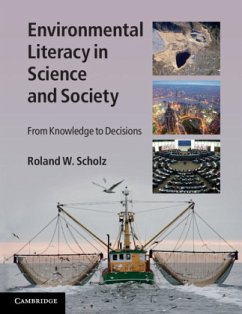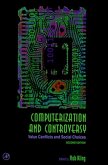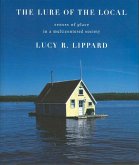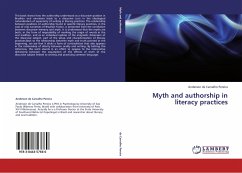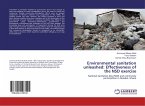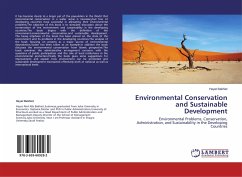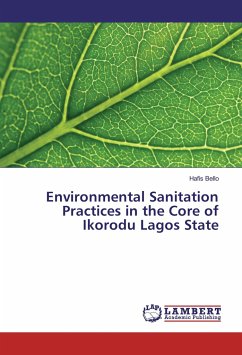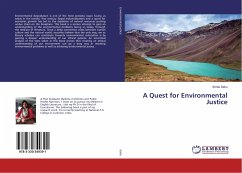A comprehensive review and analysis of environmental literacy within the context of environmental science and sustainable development. Approaching the topic from multiple perspectives, the book explores the development of human understanding of the environment and human-environment interactions in the fields of biology, psychology, sociology, economics and industrial ecology. In an era where humans affect virtually all of the earth's processes, questions arise about whether we have sufficient knowledge of human-environment interactions. How can we sustain the Earth's ecosystems to prevent collapses and what roles should practitioners and scientists play in this process? These are the issues central to the concept of environmental literacy. This unique book provides a comprehensive review and analysis of environmental literacy within the context of environmental science and sustainable development. Approaching the topic from multiple perspectives, it explores the development of human understanding of the environment and human-environment interactions in the fields of biology, psychology, sociology, economics and industrial ecology. The discussion emphasises the importance of knowledge integration and transdisciplinary processes as key strategies for understanding complex human-environment systems (HES). In addition, the author defines the HES framework as a template for investigating sustainably coupled human-environment systems in the 21st century.
Hinweis: Dieser Artikel kann nur an eine deutsche Lieferadresse ausgeliefert werden.
Hinweis: Dieser Artikel kann nur an eine deutsche Lieferadresse ausgeliefert werden.

